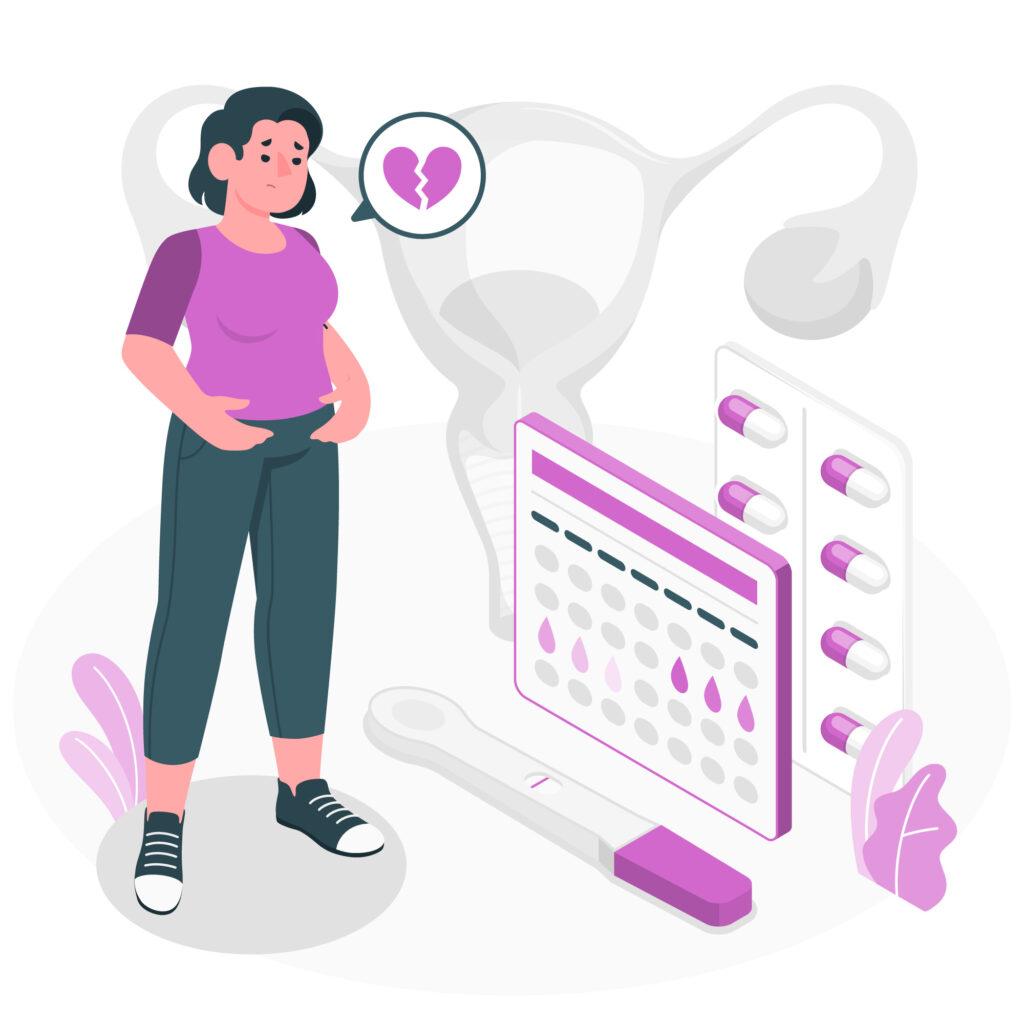
Menstrual cramps, also known as dysmenorrhea, affect many women during their menstrual cycle. These cramps can range from mild discomfort to debilitating pain, impacting daily activities and quality of life. While over-the-counter medications are commonly used for relief, there are several natural remedies and lifestyle adjustments that can help alleviate menstrual cramps effectively. Here are some tips for managing menstrual cramps naturally:
1. Heat Therapy
Applying heat to the lower abdomen can help relax the muscles and relieve menstrual cramps. Try using a heating pad, hot water bottle, or taking a warm bath to ease discomfort. Heat increases blood flow to the abdomen, reducing muscle contractions and pain.
2. Stay Hydrated
Drinking plenty of water helps to keep your body hydrated and can reduce bloating and water retention, which may exacerbate menstrual cramps. Herbal teas such as chamomile or peppermint can also have soothing effects.
3. Maintain a Balanced Diet
Eating a nutritious diet rich in fruits, vegetables, whole grains, and lean proteins supports overall health and can help alleviate menstrual cramps. Avoiding excess salt, sugar, caffeine, and alcohol may also reduce bloating and inflammation.
4. Exercise and Stretching
Light exercise, such as walking, yoga, or gentle stretching, can help alleviate menstrual cramps by promoting circulation and releasing endorphins, which are natural pain relievers. However, listen to your body and avoid strenuous activities if you feel too uncomfortable.
5. Herbal Remedies
Certain herbs and supplements may provide relief from menstrual cramps:
Ginger: Known for its anti-inflammatory properties, ginger tea or supplements may help reduce pain and discomfort.
Turmeric: Contains curcumin, which has anti-inflammatory effects and may help alleviate menstrual pain.
Omega-3 Fatty Acids: Found in fish oil and flaxseed, omega-3s have anti-inflammatory properties that may reduce menstrual cramp severity.
6. Acupuncture and Acupressure
Traditional Chinese medicine techniques like acupuncture or acupressure may help relieve menstrual cramps by balancing energy flow and promoting relaxation. Consult a qualified practitioner for personalized treatment.
7. Manage Stress
Stress can exacerbate menstrual cramps and discomfort. Practice stress-reducing techniques such as deep breathing, meditation, mindfulness, or engaging in hobbies that you enjoy to promote relaxation and emotional well-being.
8. Natural Supplements
Magnesium: Helps relax muscles and may reduce menstrual cramp severity. Consider taking magnesium supplements or consuming foods rich in magnesium, such as nuts, seeds, and leafy greens.
Vitamin B6: May help regulate mood and reduce symptoms of premenstrual syndrome (PMS), including menstrual cramps.
9. Aromatherapy
Essential oils such as lavender, clary sage, and marjoram are known for their relaxing and pain-relieving properties. Dilute them with a carrier oil and massage onto the lower abdomen or add a few drops to your bathwater for soothing relief.
10. Sleep and Rest
Getting enough rest and sleep during your menstrual cycle helps your body recover and may reduce the severity of menstrual cramps. Ensure you have a comfortable sleeping environment and prioritize relaxation before bedtime.
When to Seek Medical Advice
If your menstrual cramps are severe, persistent, or significantly interfere with your daily life despite trying natural remedies, it’s important to consult a healthcare professional. They can rule out underlying medical conditions and provide appropriate treatment options tailored to your needs.
Conclusion
Managing menstrual cramps naturally involves adopting healthy lifestyle habits, exploring natural remedies, and listening to your body’s needs. By incorporating these tips into your routine, you can reduce discomfort and promote overall well-being during your menstrual cycle.
Remember, every woman experiences menstrual cramps differently, so find what works best for you and prioritize self-care to manage menstrual discomfort effectively.
